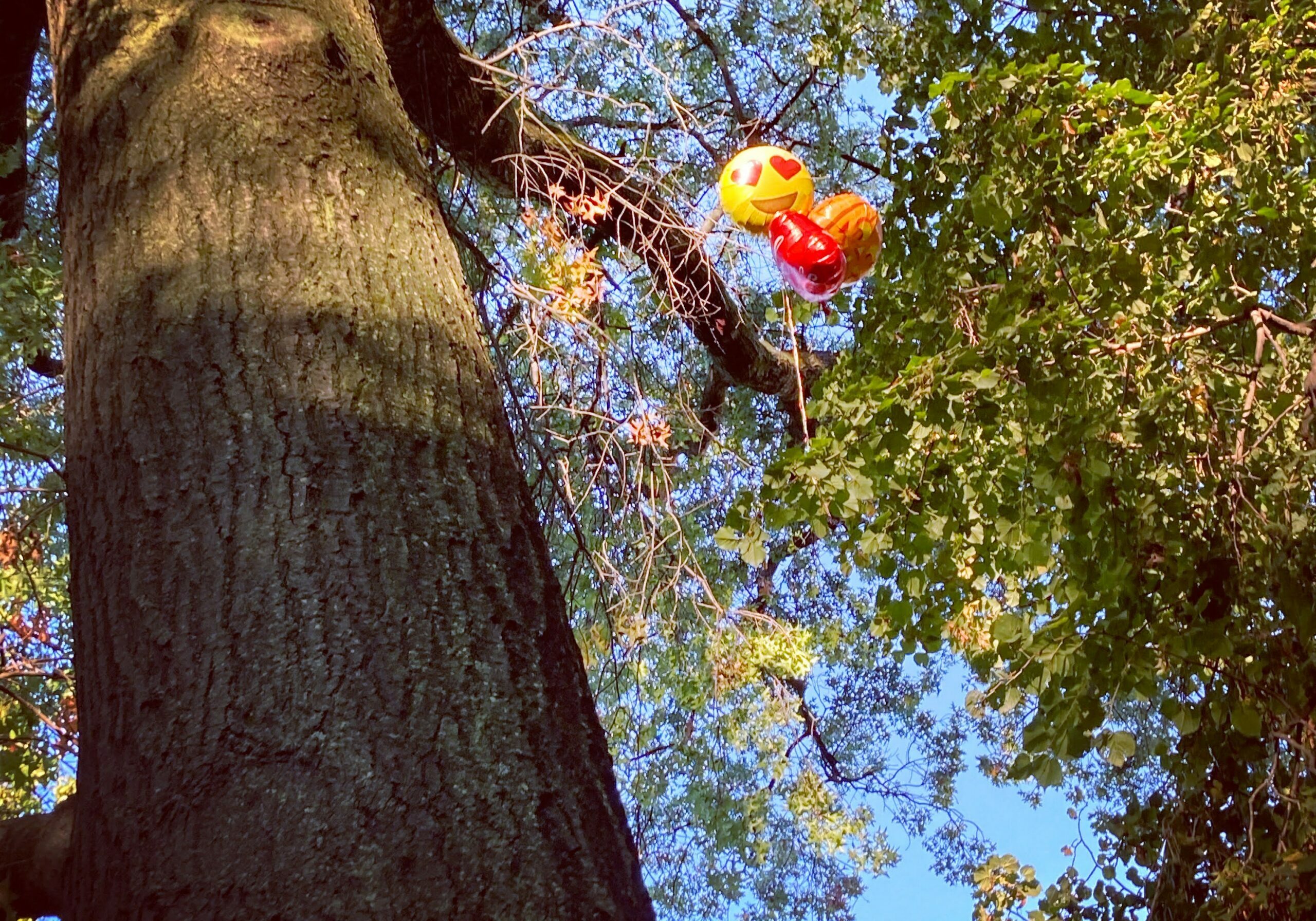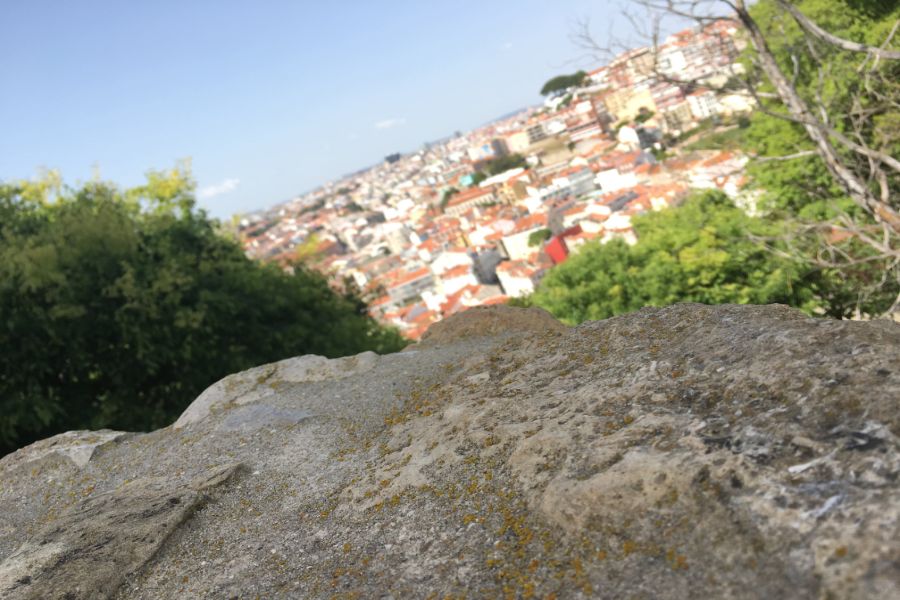October 22, 2022
Hardness may be true, but it’s ultimately irrelevant

If your most common reason for not doing something is because it’s hard, then you’re setting yourself for a lifetime of dissatisfaction.
Because everything is hard.
Getting out bed is hard. Going to work is hard. Being a good friend is hard. Eating healthy is hard. Staying married is hard. Living a corrupt and immoral world is hard. Maintaining your sanity while everyone around you is losing their shit is hard.
It’s all hard. That which comes easy is unnoticeable and under appreciated. And the things we don’t work for are but temporary affairs that pass quickly from the mind like storm clouds.
Only the things that are hard to come by make us better. Only through the process of accepting and appreciating the extremely unpleasant but unavoidable that we grow.
And so, hardness may be true, but it’s ultimately irrelevant. We can’t allow this absurd reality to be the thing that continually knocks us out of the game. We’ve got to be stronger than that story.
My yoga teacher used to say that the postures should hard enough to make you stretch, but not hard enough to make you snap.
That feels like a healthy balance.
Now, if you’re someone who isn’t consistently able to do hard things, here’s a tool that might help you. It’s called forging, which is where you motivate your creativity by forcing yourself to overcome unpleasant but unavoidable challenges.
My comedian friend, who performs at open mics almost every night of the week, turns forging into a game. His personal challenge for improving his comedy is, he tries to throw himself off a cliff once a night.
Danny always has one joke, one moment, one movement or one expression that seems hard and terrifies him.
Because it’s risky. It’s dancing on the edge of danger. The bit might bomb. Sometimes his joke might even be physically hard to pull off, based on his clothing, the type of microphone, the size of the stage, or the demographic of the audience.
The club owner might ask him never to come back.
But the reward is, the comic gets to feel like he’s creating in a risky way. Forging is how he develops new ways of responding to things that scare him.
What’s your version of that?
My recommendation is to practice forging at least three times a week. Even if only for a brief moment in each instance, it’s a muscle worth building. The more you forge, the more you stretch your creativity, the more you’re able to do things when you don’t feel like doing them, and the more you will experience the satisfaction of achieving things that are hard to come by. R
emember, everything is hard. But while hardness might be true, it’s ultimately irrelevant.
Don’t let that be the reason you don’t do something.
Be bigger than that story and forge your way ahead.
Are you developing new ways of responding to hard things that scare you?

